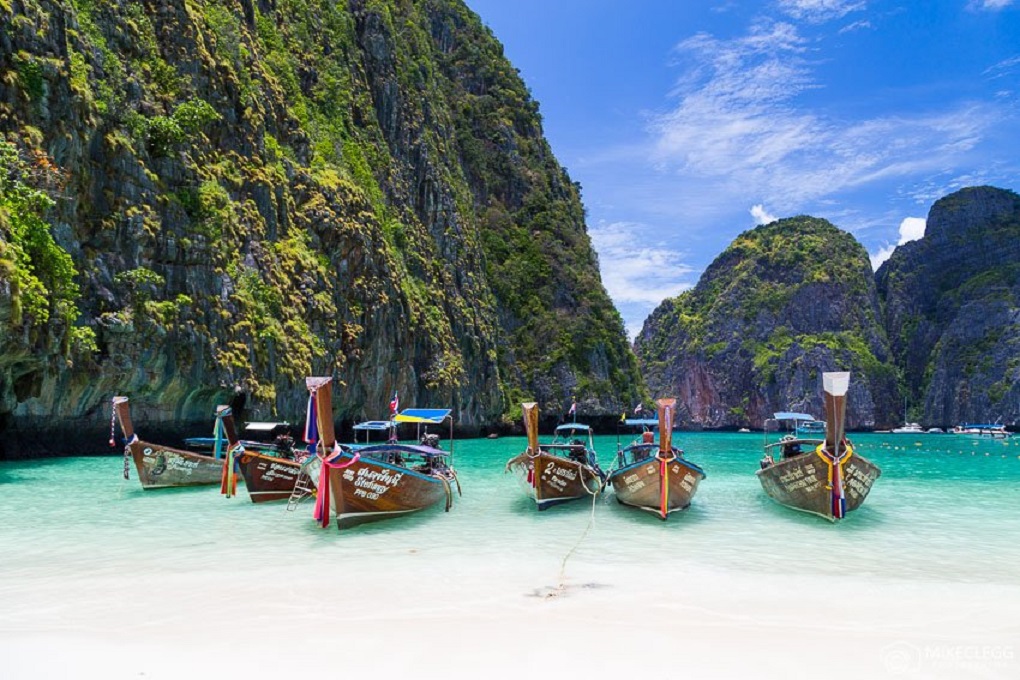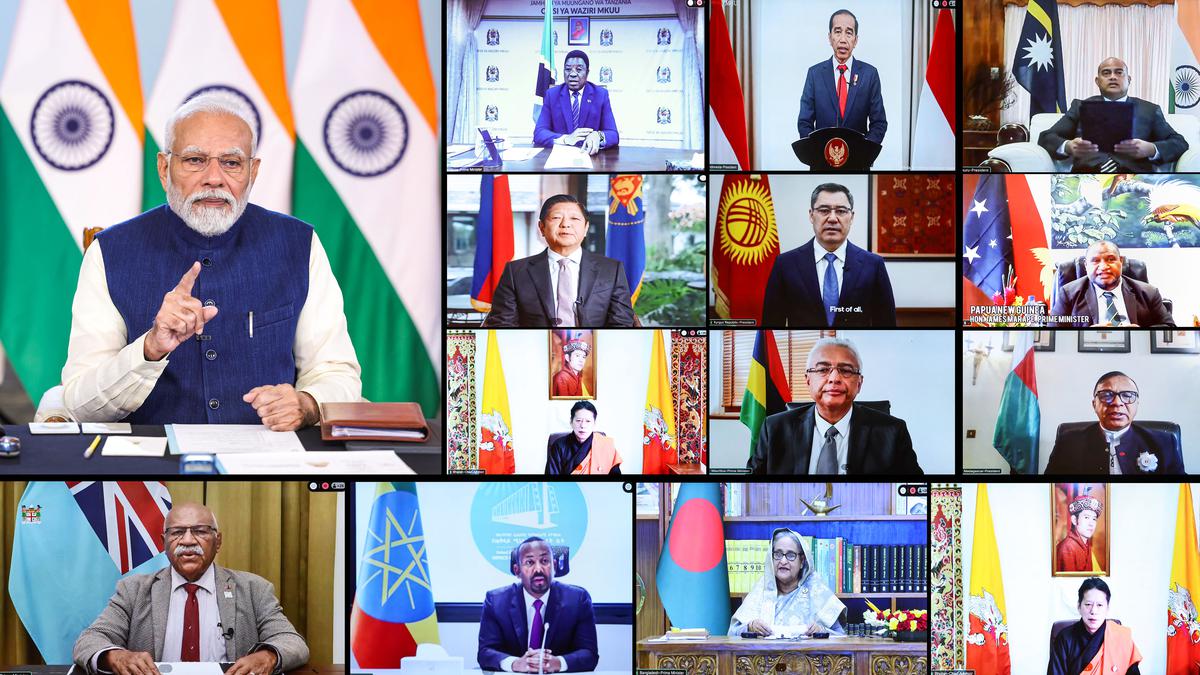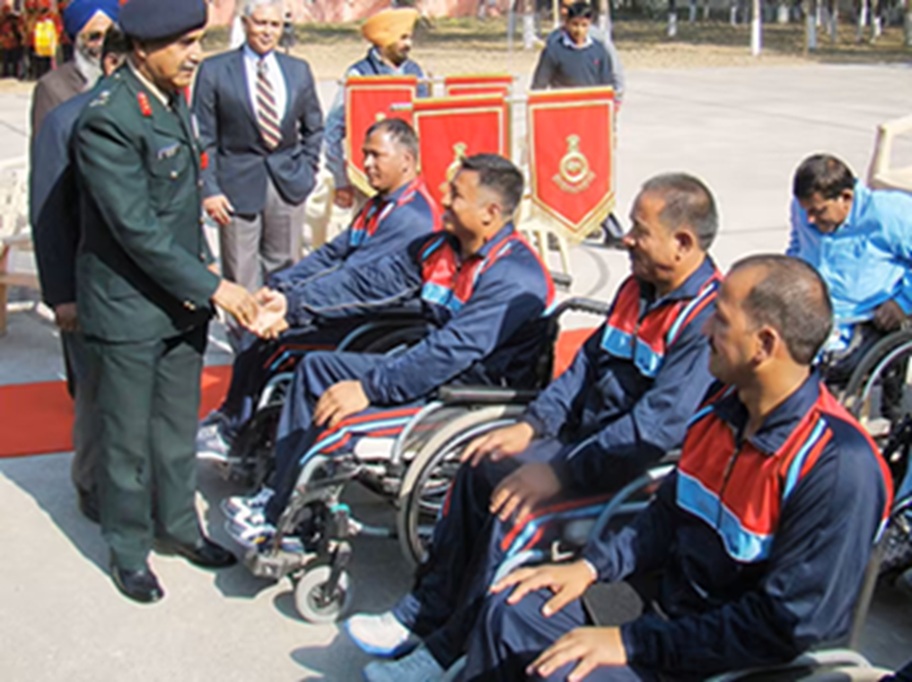International efforts to combat illegal, unreported, and unregulated (IUU) fishing are in top gear. In June 2022, President Biden signed the National Security Memorandum (NSM) to address IUU fishing with calls to “strengthen[ing] alliances” between multiple stakeholders including industry associations, and the business to “promote sustainable fisheries”. It also announced setting up a “working group” and engaging “partners, including Ecuador, Panama, Senegal, Taiwan along with Vietnam to combat illegal, unreported, and unregulated (IUU) fishing, [and] curtail the global trade of IUU fish and fish products, and promote global maritime security”.
Vietnam is steadfast to counter Illegal, Unregulated Unreported (IUU) fishing and supports global efforts in this regard. It is willing to share its own successes in fighting illegal fishing and is “ready to work” and “strengthen the cooperation” with other maritime nations. This was the response by the spokeswoman of the Ministry of Foreign Affairs to a question if the country is willing to cooperate with the US to counter IUU fishing.
Among the many other issues contained in the above-mentioned NSM, it also directs Secretaries of State and Labor and the Administrators of NOAA and USAID to “collaborate” with the ASEAN and provide “technical assistance programming to address forced labour in fishing, linking these efforts to the US-ASEAN Plan of Action”.
Similarly, the NSM also directs the Secretaries of State and Defense to “collaborate” with Quadrilateral Security Dialogue (QSD) Member States (Australia, India, Japan, and the United States) and “design and facilitate the implementation of a multilateral initiative” for an Indo-Pacific Partnership for Maritime Domain Awareness (MDA).
There is no doubt that collaborations and partnerships envisaged in the NSM to address IUU fishing are noteworthy and merit attention. The UN Food and Agriculture Organization (FAO) notes that IUU fishing is “responsible for the loss of 11–26 million tonnes of fish each year, which is estimated to have an economic value of US$10–23 billion”. Also, IUU fishing is a global problem “exacerbated by overfishing” and has direct consequences for the sustainable development of oceanic resources and the growth of the Blue Economy.
However, the NSM’s directive to address IUU fishing also presents challenges. For instance, the MDA is no doubt critical for marine sustainability, it is highly intrusive and is seen as a ‘push back’ by the QSD Member States against China. It is well known that the Chinese deep sea fishing fleet has the “reputation of being reckless, following destructive fishing practices causing ecological damages and human rights abuses”. Similarly, the issue concerning “forced labour in fishing” can be a highly sensitive issue for many countries whose understanding and State practice on these issues are driven by domestic politics and national regulatory mechanisms.
Be that as it may, Vietnam promotes and practices sustainable development of the Blue Economy, particularly in the fishing industry. It is a signatory to several international conventions and agreements such as the 1982 UNCLOS and FAO Agreement on Port State Measures to Prevent, Deter and Eliminate Illegal, Unreported, and Unregulated Fishing.
At the national level, Vietnam has instituted measures, taken initiatives, and set up programs to combat IUU fishing. These include education and instructions for fishermen on the need to comply with domestic and international laws and regulations. At the operational level, all the 28 coastal provinces have intensified control of fishing vessels entering and leaving the ports, issues concerning crews aboard are addressed, accounting of seafood throughput at ports has begun, and the traceability of aquatic products in accordance with regulations is being enforced. The outcome of this strategy is that the number of Vietnamese fishing vessels “arrested and handled by foreign countries” has declined and “no cases detected since the beginning of October 2021”.
The success of this strategy can also be attributed to the need to sustain the export of sea foods. In 2017, Vietnam came under European Commission (EC) scanner and was awarded a “Yellow Card” with recommendations for putting in place a legal framework for the management of fisheries, traceability of fishing activities, and law enforcement.
Vietnam has made significant successes in this regard. For instance, nearly 4000 vessels in Quang Ninh province are registered with the national fishing vessel database, over 200 offshore fishing boats have fishing licenses, are part of the food safety certification, and are fitted with tracking devices to determine traceability and countering IUU fishing practices.
The Vietnamese Coast Guard has also stepped up efforts to manage fishing activity by enforcing the Fisheries Law and countering IUU fishing. It also collected fines from vessels that violated regulations. Although the EU has dropped to the fourth position in terms of fisheries exports i.e. the US, Japan and China are the top destinations for Vietnamese aquatic products, it remains an important export destination and revenue earner.
Finally, Vietnam is an important maritime nation and a responsible stakeholder in the sustainable development of marine resources. Its pro-activism with regard to combatting IUU fishing has paid off. During the first three months of 2022, its seafood output reached 566,700 tonnes, up by 0.1 percent year-on-year basis and the number of violations with regard to IUU fishing has declined.
Disclaimer: The views and opinions expressed by the author do not necessarily reflect the views of the Government of India and Defence Research and Studies
Title image courtesy: https://www.travelbizmonitor.com/





